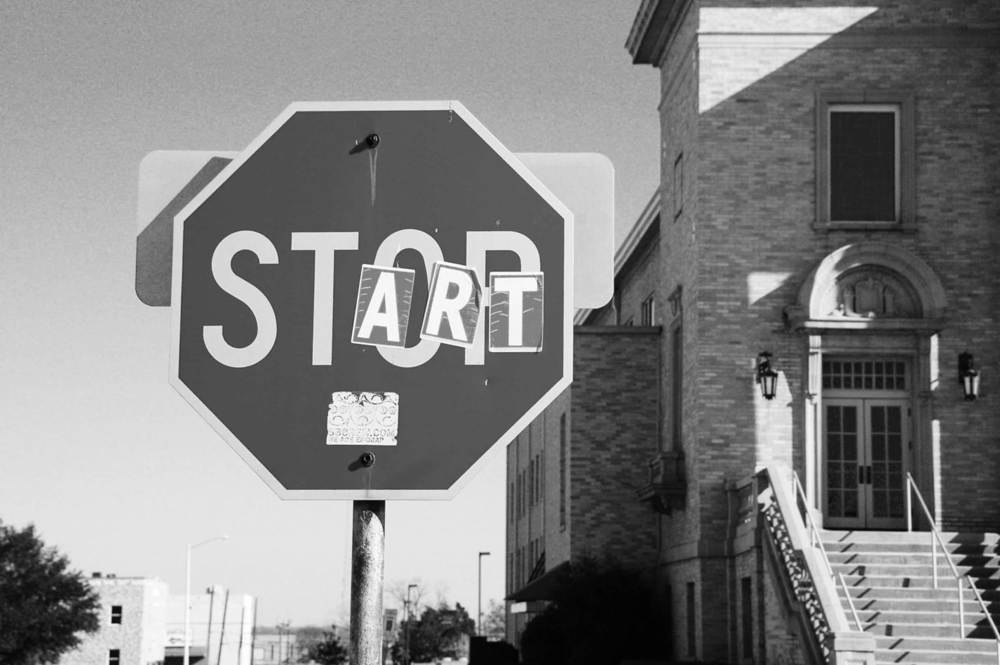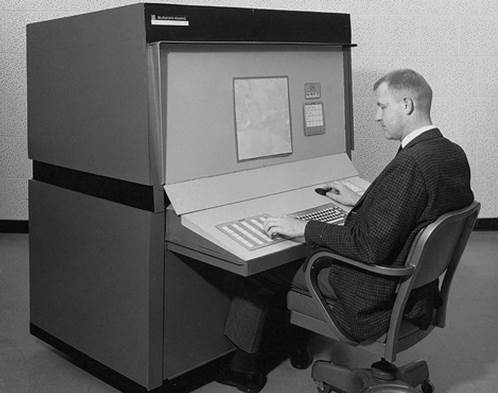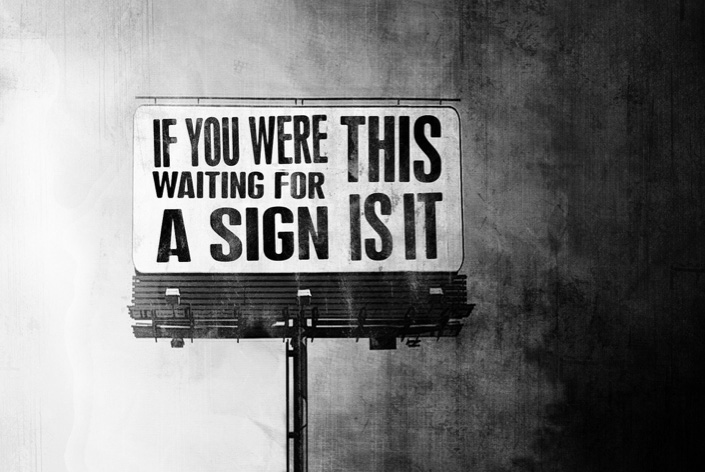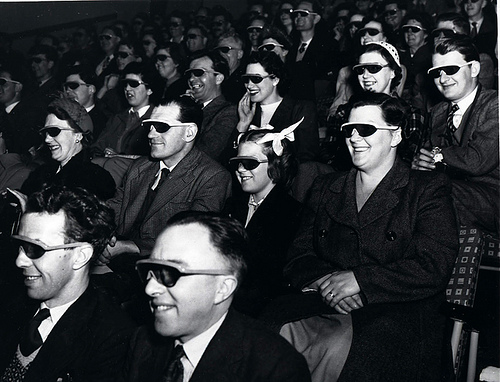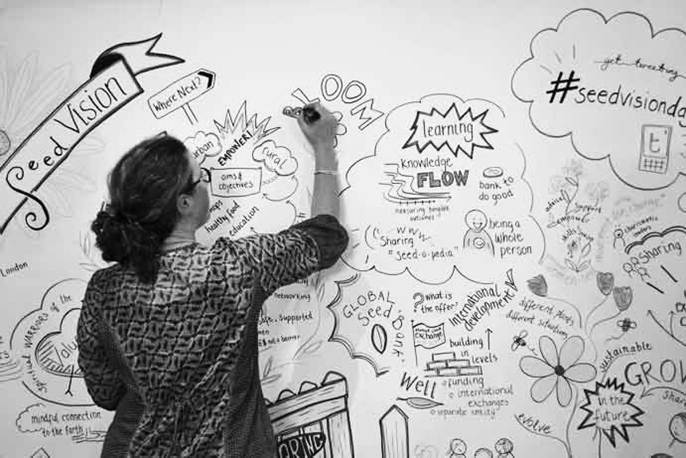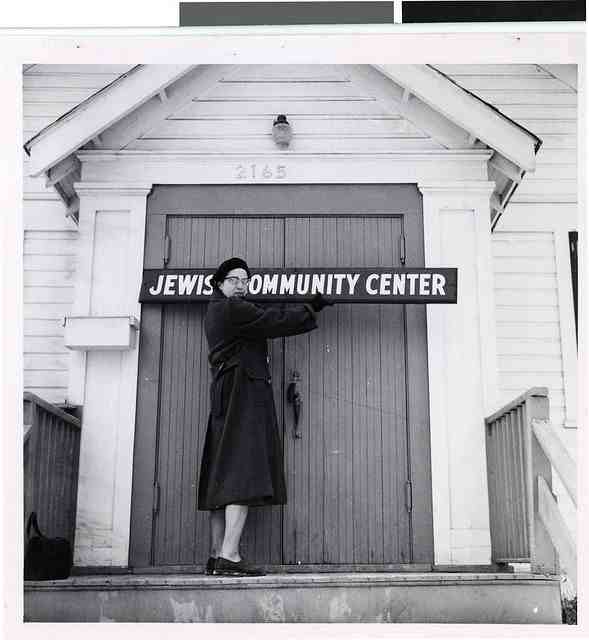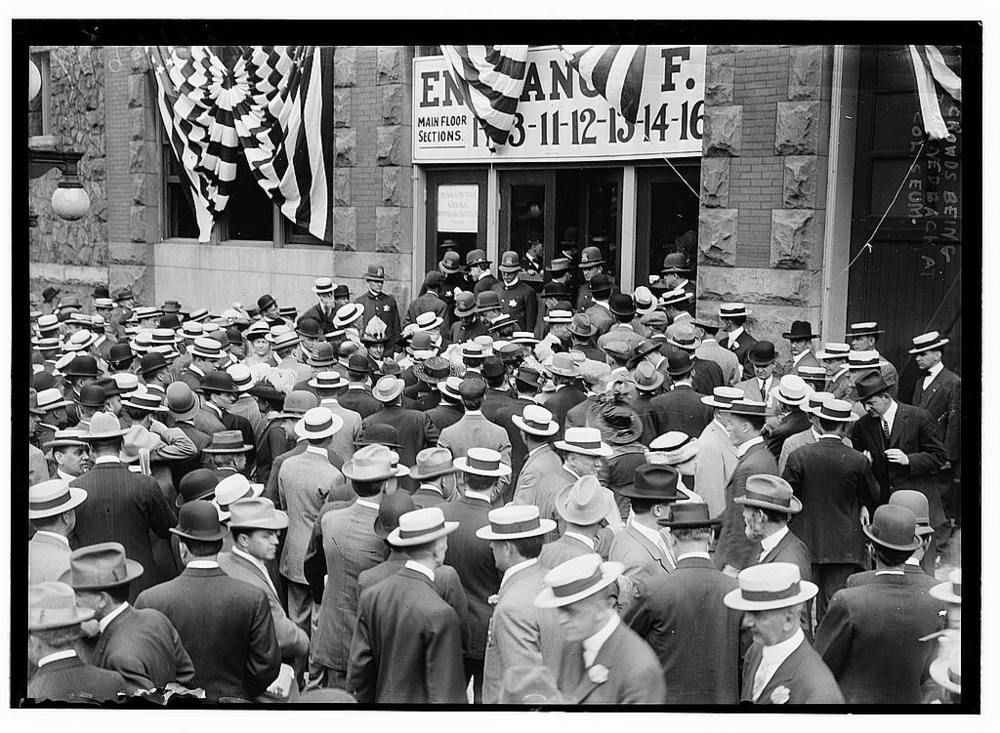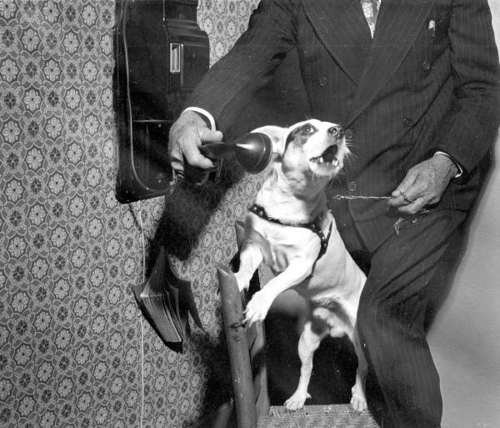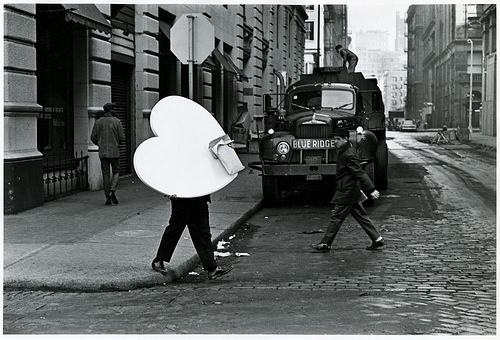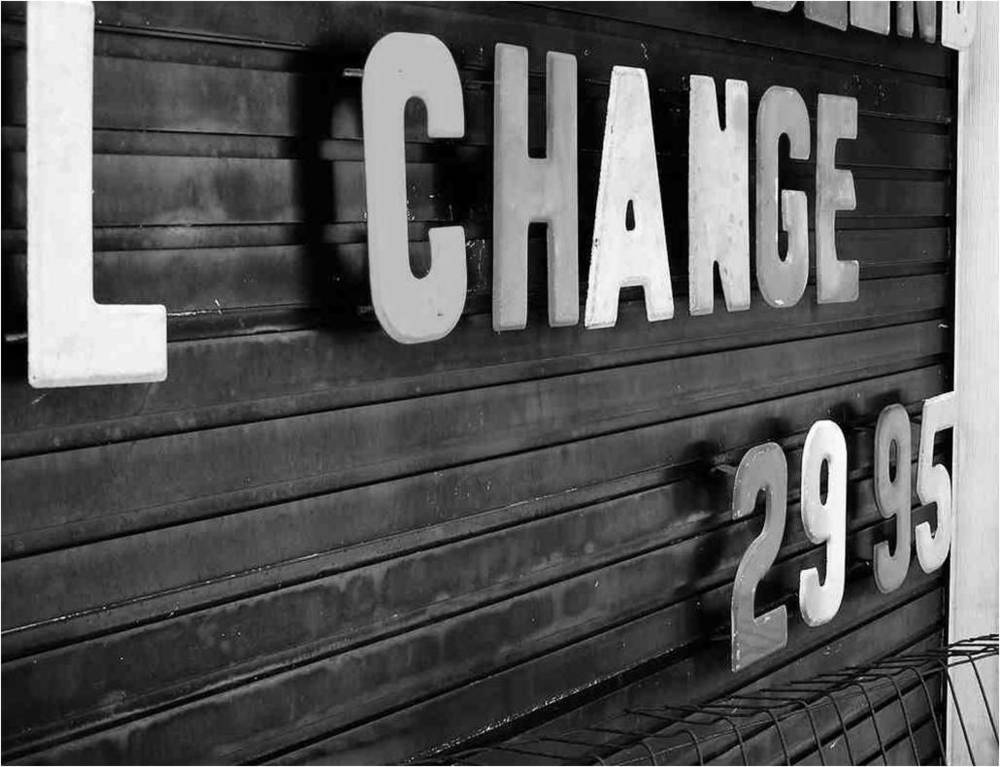 Just recently we saw a viral campaign to raise funds for a book to be published. Shared by someone we rate we ended up pitching in for a copy ourselves. Called 'Anarchists in the Boadroom' by Liam Barrington Bush we thought we'd ask the author to talk a little about the channels he's using to raise the funding. And about the book. He's a nice man so he did...
Just recently we saw a viral campaign to raise funds for a book to be published. Shared by someone we rate we ended up pitching in for a copy ourselves. Called 'Anarchists in the Boadroom' by Liam Barrington Bush we thought we'd ask the author to talk a little about the channels he's using to raise the funding. And about the book. He's a nice man so he did...
Last year I went to Mexico to write a book about what social change organisations could learn about organising and management from social media and social movements. It begins from the premise that the vast majority of our non-profit and voluntary organisations have taken-on the organising models of industrialism, often without realising it. Further, these models are both deeply at odds with most of our organisations’ values and are ill-equipped to face the increasingly networked world in which we find ourselves.


